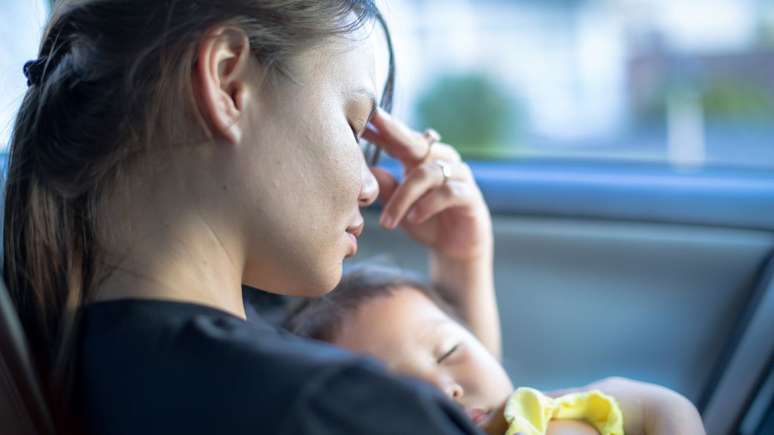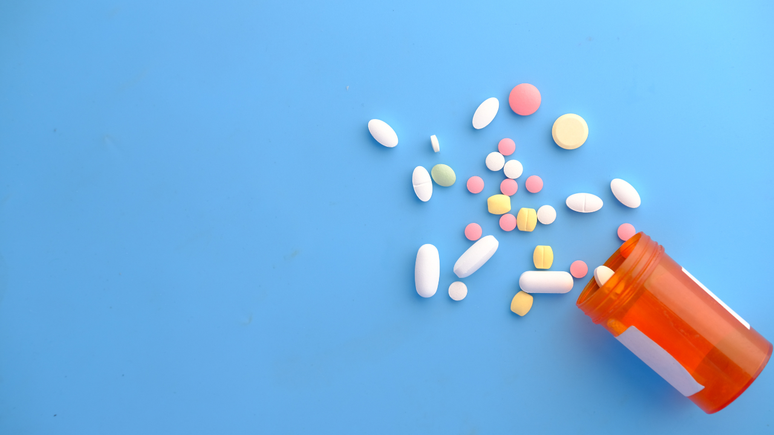According to a study by the Oswaldo Cruz Foundation (Fiocruz), about 25%of Brazilian mothers have symptoms of depression within 18 months from the birth of the child
According to a study by the Oswaldo Cruz (Fiocruz) Foundation, about 25%of Brazilian mothers have symptoms of postpartum depression within 18 months from the birth of the child. However, the cause is never isolated. Hormonal changes, transformations in the physical and mental fields and adaptation to the new routine with the child are among the challenges that women face in the puerperium, a period that corresponds to the first months after childbirth.
“It is essential that women understand that these changes are part of a natural cycle of life and that the body needs time to adapt after pregnancy.”reveals the gynecologist Dr. Iana Carruego.
Postpartum depression
In addition to physiological changes, the puerperium can trigger intense emotions. This increases the risk of depression and anxiety convulsions. Initially, feelings such as persistent sadness, irritability and sense of impotence when taking care of the child can be signs of alert for the mental health of the woman. In these situations, the support of family and intimate friends is essential. Therefore, the ideal is to provide a support network to face this period in a safer and more welcomed way.
Among the main reasons that can trigger postpartum depression are:
- Hormonal changes: After the birth there is a sudden decrease in the levels of estrogen and progesterone, hormones that regulate the mood. This can lead to depressive symptoms.
- Sleep deprivation: The exhaustive routine of the first months, such as the interrupted nights of sleep, can lead to the physical and mental exhaustion of the mother. This increases the risk of depression.
- Nutritional deficiencies: Low and iron levels, vitamin D, omega-3 among other nutrients can influence the functioning of the body and affect significant mood changes, among other factors.
The importance of the psychological follow -up
Psychological help is essential to deal with postpartum depression. It is during the therapeutic process that women understand the changes caused in this new phase of life. In addition, professional support contributes to preventing the aggravation of the condition, avoiding more serious complications. In this sense, the treatment may include individual therapy, family therapy and, in some cases, psychiatric follow -ups with the use of drugs, always with medical advice.
Finally, to deal with the changes of the postpartum in a positive way, health professionals underline the importance of demystifying the topic and promoting education on the integral health of women. Looking for professional help, although a quote, can be crucial to avoid the scale of symptoms and promote faster and more effective recovery.
* Source: Advisory
Source: Terra
Ben Stock is a lifestyle journalist and author at Gossipify. He writes about topics such as health, wellness, travel, food and home decor. He provides practical advice and inspiration to improve well-being, keeps readers up to date with latest lifestyle news and trends, known for his engaging writing style, in-depth analysis and unique perspectives.





![A Better Life Preview: What’s in store for Wednesday, October 22, 2025 Episode 447 [SPOILERS] A Better Life Preview: What’s in store for Wednesday, October 22, 2025 Episode 447 [SPOILERS]](https://fr.web.img5.acsta.net/img/f8/43/f843493759d61370dcef713a987b0620.jpg)
-1ji50mecs3jg9.jpg)

